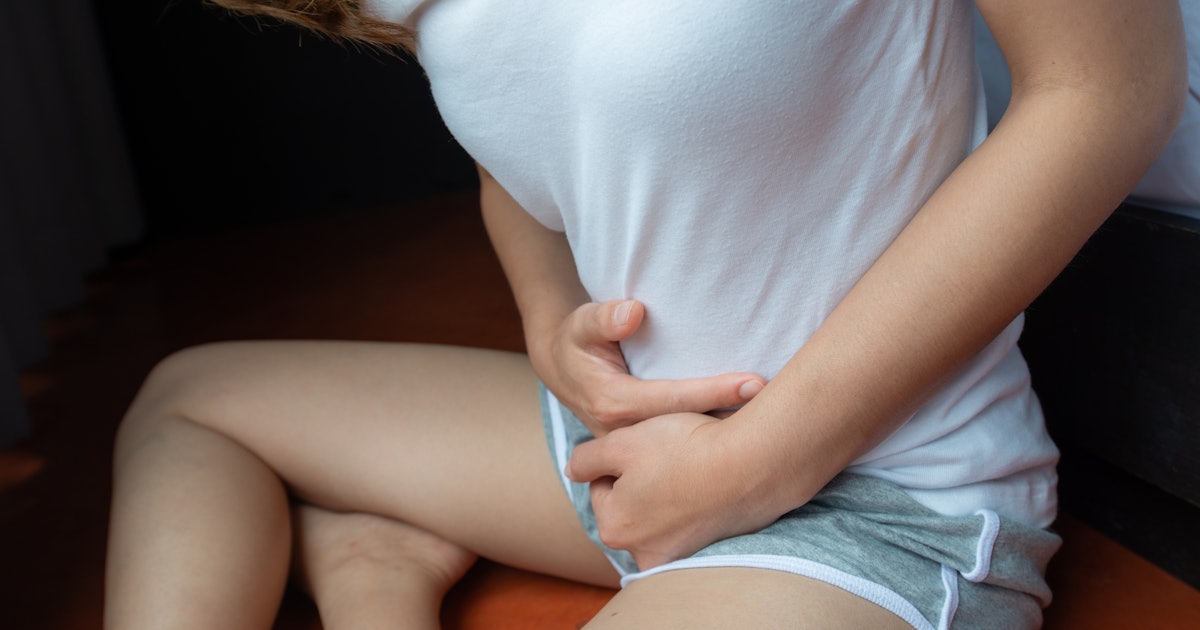The reason behind bloating during ovulation & what you can do about it at Babies Funland

Ovulation, also known as the release of an egg from the ovary, can bring different experiences for different people. Some may feel energized and have an increased sex drive during this time, while others may feel tired, have tender breasts, and experience bloating. Bloating is uncomfortable and can make us feel yucky. It can happen during our period or even after sex, but it can also occur during ovulation, which can be similar to PMS symptoms.
If you want to learn more about why you experience bloating during ovulation and how to feel better, keep reading for some tips.
Ovulation happens when an egg is released from the ovary into the fallopian tube. This usually occurs 11 to 21 days before your menstrual cycle starts, depending on the length of your cycle. If the egg is fertilized, it can travel to the uterus and develop into a pregnancy.
During ovulation, your body goes through many changes driven by reproductive hormones. These hormones also contribute to the bloating you may feel during this time.
Bloating during ovulation usually happens from day 11 to day 14 of your menstrual cycle and can last for a few hours up to a few days. It is caused by increased estrogen levels before the luteinizing hormone surge, which is a signal that ovulation is about to happen. Changes in hormone levels can cause your body to retain water and make you feel and look bloated. You might also crave salty foods and notice that your breasts feel fuller.
The good news is that the bloating and fluid retention from ovulation usually improve within a couple of days. However, if you’re looking for ways to reduce bloating during this time, here are some tips:
1. Drink plenty of water and herbal tea throughout the day to stay hydrated.
2. Cut down on sodium intake, including processed foods.
3. Avoid foods that cause bloating and gas, such as wheat, onions, broccoli, garlic, cauliflower, cabbage, artichokes, apples, and beans.
4. Check with your doctor before taking a magnesium supplement.
5. Engage in regular cardio exercises like brisk walking to help reduce bloating.
6. Practice stress-relieving techniques like meditation, deep breathing, yoga, and mindfulness daily.
If bloating during ovulation persists for more than a few days, becomes very painful, or if you’re concerned about it, it’s a good idea to consult a physician. Bloating can also be a symptom of medical conditions like endometriosis, ovarian cysts, or polycystic ovarian syndrome (PCOS).
Remember, everyone’s experience with ovulation is different, and it’s important to listen to your body and seek medical advice if needed.



